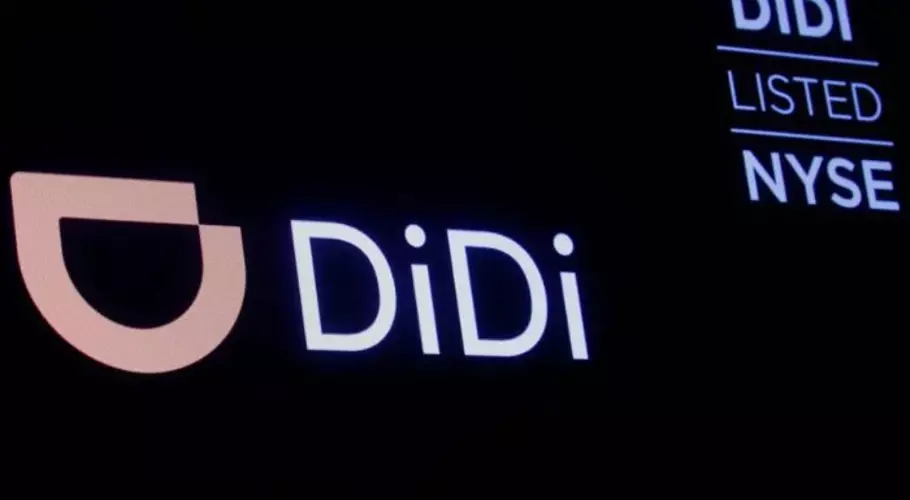HONG KONG/BEIJING: China’s cybersecurity regulator on Thursday fined Didi Global Inc $1.2 billion, concluding a probe that forced the ride-hailing leader to delist from New York within a year of its debut and made foreign investors wary about China’s tech sector.
Didi ran afoul of the Cyberspace Administration of China (CAC) when it pressed ahead with its US stock listing even though it was urged to wait while a cybersecurity review of its data practices was conducted, sources previously told Reuters.
The CAC said Didi had violated three major laws concerning cybersecurity, data security and personal information protection, a regime that the country revised and expanded last year as part of efforts to regulate its cyberspace and require companies to improve their handling of data.
The regulator also said its investigation found Didi had illegally collected millions of pieces of user information over a seven-year period starting in June 2015 and carried out data processing activities that seriously affected national security.
It fined Didi 8.026 billion yuan ($1.2 billion) and, in an unusual move, said founder and Chief Executive Cheng Wei and President Jean Liu were responsible for the violations and imposed penalties of 1 million yuan each.
Read more: Microsoft Teams back up for most users after global outage
“Didi’s violations of laws and regulations are serious … and should be severely punished,” it said.
Didi, backed by investors including US peer Uber Technologies and Japan’s SoftBank Group Corp, in a statement on its Weibo account said it accepted the CAC’s decision and would conduct comprehensive self-examination and rectification.
The regulatory action against Didi was part of a wider and unprecedented crackdown by authorities on violation of antitrust and data security rules, among other issues, targeting some of China’s best-known corporate names.
Authorities have in recent months changed their tone towards the crackdown as they seek to boost an economy hurt by COVID-19 containment measures. The shift has raised hope for companies and investors that the worst is over, though jitters remain.


































